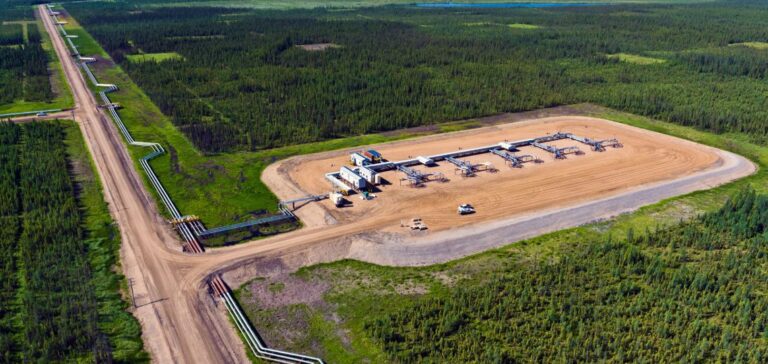Athabasca Oil Corporation officially announces the renewal of its Normal Course Issuer Bid (NCIB). This operation, approved by the Toronto Stock Exchange (TSX), involves repurchasing a maximum total of 50,432,973 common shares. The company plans to execute these repurchases over a 12-month period starting March 18, 2025. All shares repurchased under this program will be automatically canceled, thereby reducing the total number of outstanding shares.
Strategy and Operational Framework
This renewal falls within a precise strategic framework emphasizing the financial strength of the group and its commitment to redistributing capital to shareholders. Under the established terms, Athabasca Oil will allocate 100% of its available Free Cash Flow to share repurchases in 2025. The decision is motivated by the identification of intrinsic value considered higher than the current stock market price. For reference, the maximum number of shares that can be repurchased represents approximately 10% of the company’s public float, in accordance with TSX rules.
To ensure regularity in its purchases, the company will respect a daily limit set at 594,362 common shares, corresponding to 25% of the average daily volume traded between September 2024 and February 2025. However, Athabasca retains the right to execute one block purchase per week exceeding this daily threshold.
Automatic Share Purchase Plan
As part of this program, Athabasca will also implement an Automatic Share Purchase Plan (ASPP). This arrangement, concluded with a designated broker, allows the company to continue repurchasing shares during blackout periods when it is legally prohibited from directly intervening in the market due to restrictions related to the disclosure of sensitive information. Transactions executed during these periods will remain entirely at the discretion of the broker, based on parameters previously established by Athabasca.
Outside these restrictive periods, repurchases will be conducted in the open market at Athabasca management’s direct discretion, respecting applicable laws. This mechanism ensures operational continuity in the execution of the NCIB program throughout its scheduled expiry on March 17, 2026.
Recent History of Athabasca’s NCIB
As a reminder, in the previous year, Athabasca Oil had received authorization from the TSX to repurchase up to 55,423,786 common shares, also representing 10% of its public float at that time. As of March 4, 2024, 51,574,700 shares had effectively been repurchased on the market at a volume-weighted average price of approximately CAD 5.12 per share. The group anticipates fully completing the annual allocation of the ongoing program before its expiry, thus confirming the consecutive execution of its NCIB for the second year in a row.
This operational continuity demonstrates a systematic capital management policy, directly integrated into the company’s medium-term financial objectives. Shareholders will thus be able to assess the results of this strategy by observing the evolution of the share price and capital structure over the coming months.






















